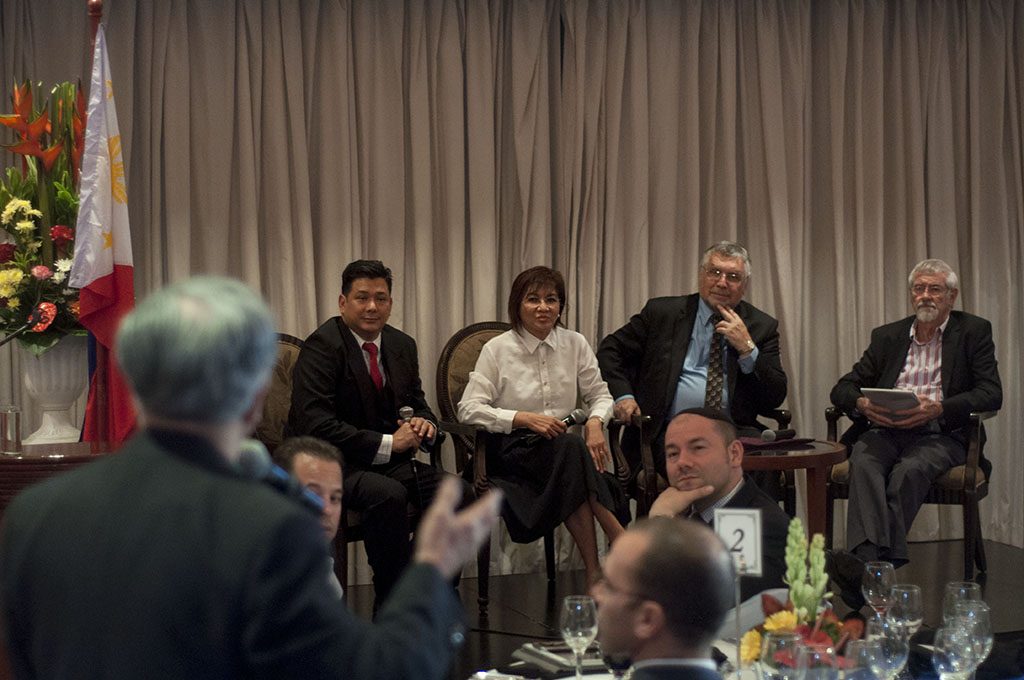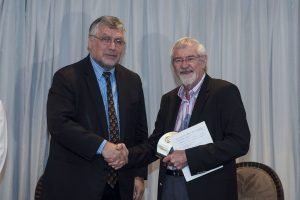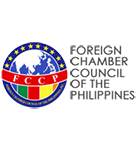16th General Membership Meeting (Economic Outlook and Trade Agenda)

ICCP VP for External Affairs, Anton Mauricio; DTI Undersecretary Nora Terrado; Ambassador of Israel to the Philippines, Effie Ben Matityau and Renowned Economist Peter Wallace during the panel discussion of the 16th ICCP GMM.
Government and business executives from Israel and the Philippines converged last November 29, 2016 for the 16th General Membership Meeting of the Israel Chamber of Commerce of the Philippines (ICCP). The meeting focused on the Philippines’ economic outlook in 2017 and the Department of Trade and Industry’s (DTI) trade agenda. The keynote speakers were Peter Wallace, a renowned economist and columnist of the Philippine Daily Inquirer and Undersecretary Nora Terrado of the DTI, on behalf of Secretary Ramon Lopez.
Philippine Economy Outlook

16th ICCP GMM at the Tower Club, Makati on Nov 29, 2016
In the first three quarters of 2016, the Philippines’ GDP remained among the fastest-growing in Asia (and the world) despite economic challenges, the winding down of election-related boosts, and the colorful political scene in the country. Growth is partly driven by “accelerated private construction activity,” consistent expansion and upgrade in the manufacturing sector, and higher household spending, particularly in F&B and investment equipment. The latter is fueled by more job openings and lower unemployment rate, as well as improvement in the poverty situation.
Industry experts forecast a sustained but modest growth in 2017, slightly slower than that of 2016. For 2018 and beyond, they project a 6-7% annual growth trajectory if the government (with the help of the private sector) commits to increased infrastructure spending, policy reforms, and support for ASEAN integration. The GDP will likely be near the high end of the 6-7% range in 2018.
Among major Philippine industries, the growth drivers are the IT-BPM, chemicals and tourism sectors. According to Mr. Wallace, the IT-BPM industry had a sustained growth of 16% in 2015, generating 1.2 million jobs and $21.3 billion in revenues. Emerging small cities, such as Puerto Princesa, Roxas City, Capiz; Bataan, and Zamboanga City, are expected to provide the extra boost in coming months.

ICCP President, Itamar Gero with the President of Canadian Chamber Of Commerce Of The Philippines, Julian Payne and Former ICCP President, Ferdinand Sarfati
Tourism arrivals rose by 11% in 2015 and the country stepped up its tourism competitiveness to 74th rank last year, from 94th in 2011. Apart from the ASEAN integration, which would bring cheaper fares and freer movement within the region, new inbound international flights and gaming-related investments can usher in more visitors into the country.
The chemical sector also increased 16% last year (from less than 4% three years prior), with domestic growth boosting demand for personal and household care products. Meanwhile, oleochemicals and biodiesel are supported by a strong transportation sector.
Though progress is slower for real estate, F&B, electronics, retail, mining and OFW remittance, the government is keeping them within their radar. Potential Israeli investors can enter the local market through these top-performing and promising industries.
DTI Trade Agenda and Opportunities
For DTI, the economic growth will be achievable as forecast if industries are innovative, inclusive, infrastructure-enabled, and import/export-competitive. These qualities would create a strong industrial revolution for the Philippines.

Ambassador of Israel to the Philippines, Effie Ben Matityau and Renowned Economist Peter Wallace
Hence, DTI’s mission is no longer just enabling businesses and empowering consumers but enabling innovation and inclusive business while empowering consumers. The new focus will not be on export alone but on an import/export-competitive environment where DTI can both enhance the domestic market and the Philippines’ export capability. The national industrial strategy is to create globally competitive value-added innovative industries in the Philippines.
Ninety seven percent of established businesses in the country are micro and small and medium enterprises (MSMEs) so the government will increase its effort to place and integrate MSMEs in the global value chain. Innovation will empower many of these MSMEs, and the government should be at the forefront of collaboration with countries like innovation giant, Israel. Usec. Terrado said DTI will take a more proactive role to ensure the creation of a proper environment that will allow private sector growth and development.













